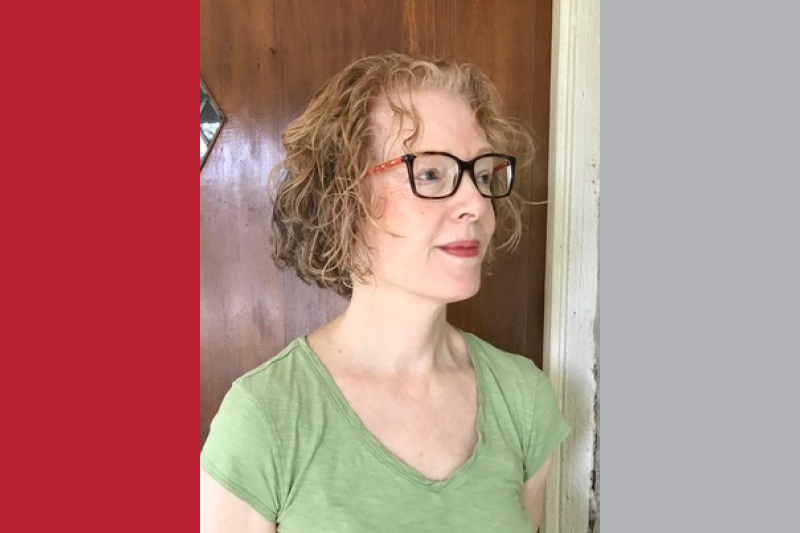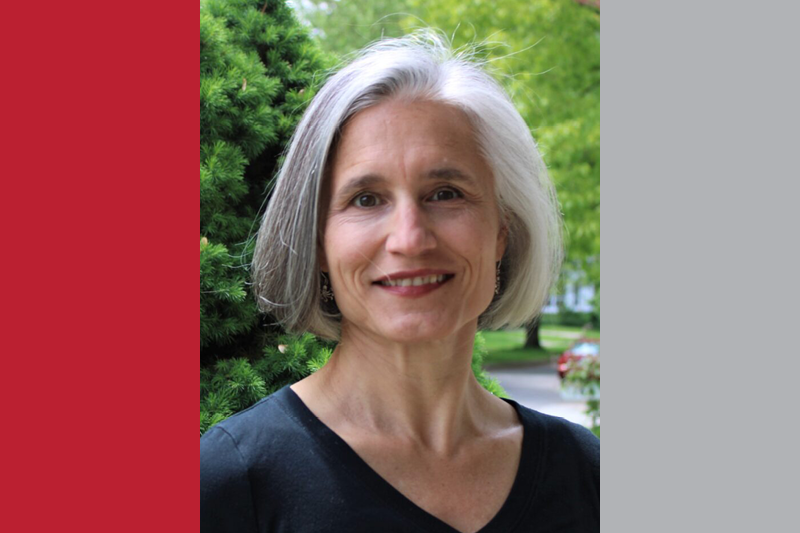In Voices of Excellence, Associate Professor of History David Staley interviews arts and sciences faculty about their inspiring, innovative and mind-expanding research. From African-Brazilian history to medieval myths to listening to the COSMOS Trio, there’s always something new for you to explore on Voices of Excellence.

Exploring Shakespeare’s London with Christopher Highley
Christopher Highley, professor of English and director of the Center for Medieval and Renaissance Studies, discusses the context and findings of his most recent book, Blackfriars in Early Modern London. He highlights his extensive knowledge of the historical and cultural landscape of London during the time of Shakespeare. He describes the opportunities The Ohio State University has for students who want to learn more about this subject both at the university and overseas. Highley also tells host David Staley about the exciting initiatives through the Center for Medieval and Renaissance Studies, which range from symposiums and research talks to fencing and falconry exhibitions.

Elizabeth Renker: Discovering and Recovering Sarah Piatt
Elizabeth Renker, Pprofessor of English, discusses her work in “Discovering Sarah Piatt“, a podcast and recovery project aimed at reclaiming the legacy of 19th-century poet Sarah Piatt, who was once a famous poet but faded into obscurity due to shifts in literary canon. Renker faced challenges in recovering Piatt’s work, such as incomplete archives and lost manuscripts but persevered to make her poems accessible through a digital humanities project. Renker gives glimpses of her forthcoming biography of Piatt, her views on the evolving nature of English departments, and her award-winning teaching methodologies.

Andréa Grottoli: Will Coral Reefs Survive?
Andréa Grottoli, Distinguished Professor of Earth Sciences, discusses her research on and the future of coral reefs with host David Staley. Grottoli shares insights into coral biology, the impacts of climate change on coral reefs, and the significance of coral ecosystems to the economy and environment. She specializes in coral resilience, the traits that enable some corals to survive environmental stressors. She has co-created innovative technologies, such as the UZELA device, to enhance coral survival. Listen in to see what the future might be.

Julia Applegate: Creating a Film or Preserving History?
Julia Applegate, senior lecturer in the Department of Women’s, Gender and Sexuality Studies, discusses her documentary film Free Beer Tomorrow. The film focuses on the historically significant and longest-running lesbian-owned Ohio bar, which was located near The Ohio State University. For her, it’s a story of the patrons of the bar and how they lived during the 1970s and ’80s. The bar served as a safe space for lesbians amid broader societal homophobia and discrimination.

Christo Sevov: Pushing the Limits of Catalysis
Christo Sevov, associate professor in the Department of Chemistry and Biochemistry, shares his research interests. Sevov explains the significance of catalysis, particularly homogeneous catalysis, and how it accelerates chemical reactions by using abundant, affordable metals like nickel and copper. He describes his research in polyvinyl chloride (PVC), its inherent instability, and the strategies his lab uses to make it more robust. Sevov outlines his lab’s contributions to pharmaceuticals, such as developing new tools for drug synthesis that reduce waste.

Michael Ibrahim and the Impact of the Timashev Donation
Michael Ibrahim, director of the School of Music, discusses the significance of the Timashev family donation and the design and features of the new Timashev Family Music Building. He describes initiatives such as the Global Black Music Studies Initiative and Opus 88. Ibrahim also elaborates on plans for expanding the school’s offerings, including a new music therapy program, and the importance of broadening their curriculum to include genres like hip hop and emerging technologies like AI in music.
